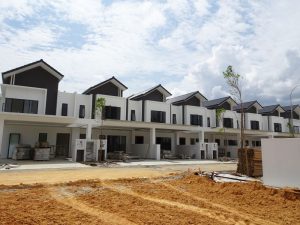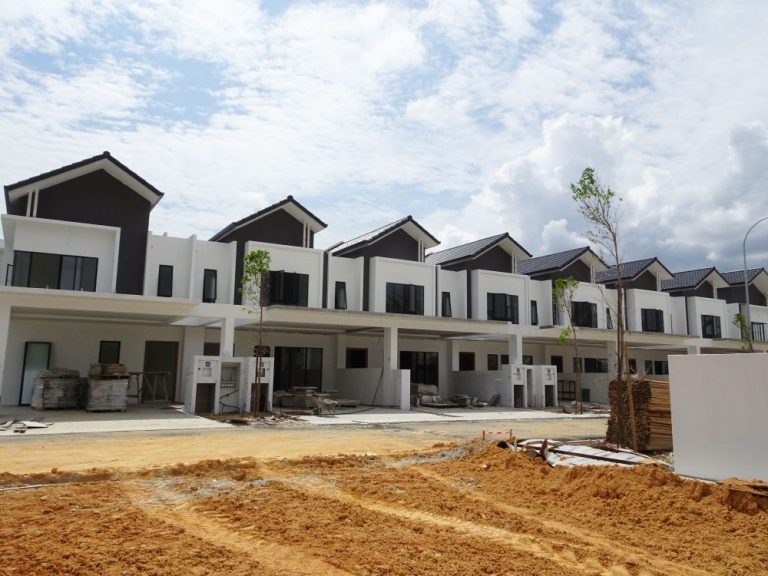Finding affordable housing in today’s competitive market can feel like a daunting task, but with the right approach and knowledge, it’s possible to secure a place that fits both your budget and lifestyle. Rising costs, limited availability, and stricter application processes mean that prospective tenants and buyers need to be more strategic than ever.
This guide offers practical, easy-to-follow steps that can help you navigate your search more confidently. From researching available programs to improving your financial readiness, these tips are designed to give you a clear starting point.
While every housing market has its own challenges, the principles here apply across locations and income levels. With preparation and persistence, you can turn what feels like an overwhelming search into a manageable process.
Research Available Housing Assistance Programs
One of the best ways to make affordable housing more attainable is to learn about the assistance programs available in your area. Many cities, counties, and states offer housing subsidies, grants, or income-based rental options to qualifying individuals and families.
Programs like public housing, housing choice vouchers, and the LIHTC (Low-Income Housing Tax Credit) initiative have helped millions find stable housing at reduced rates. The key is to research eligibility requirements early, as some programs have long waiting lists. Local housing authorities, community organizations, and nonprofit agencies are great starting points for gathering information.
You should also consider signing up for alerts or newsletters from these agencies to stay informed about new openings. Even if you don’t qualify for one program, there may be others better suited to your income or family situation. Taking the time to explore all your options can significantly expand your housing possibilities.
Strengthen Your Financial Profile
Before applying for housing—whether renting or buying—it’s important to present yourself as a reliable and financially stable candidate. Landlords and lenders typically look at credit scores, income stability, and debt-to-income ratios when reviewing applications.
Start by checking your credit report for any errors and resolving them as soon as possible. Building an emergency fund, even a small one, can demonstrate financial preparedness. For renters, offering a larger security deposit (if feasible) can sometimes make your application stand out. For buyers, having mortgage pre-approval in hand signals serious intent to sellers.
Remember that affordable housing opportunities can attract multiple applicants, so strengthening your financial profile ahead of time can give you a competitive edge. Taking small, consistent steps to improve your financial health now will make the application process smoother later.
Expand Your Search Beyond Popular Areas
While it’s tempting to focus only on neighborhoods you already know and love, expanding your search radius can lead to more affordable options. Less competitive or up-and-coming areas often have lower rent or purchase prices without sacrificing essential amenities. Look into neighborhoods that have good public transportation access, as this can offset commuting costs.
In some cases, smaller surrounding towns or suburbs can provide larger living spaces at more reasonable prices. It’s also worth researching areas slated for future development, as prices there may be lower now but could appreciate over time.
Online mapping tools, housing market reports, and local community boards can help you identify hidden gems. Keeping an open mind about location may be the key to finding a property that fits your budget without compromising too much on quality of life.
Prepare a Strong Application Package
In competitive housing markets, timing and presentation matter. Have all necessary documents ready before you even schedule viewings—this includes proof of income, identification, references, and, if applicable, rental history.
Writing a short cover letter introducing yourself and explaining your interest in the property can leave a positive impression on landlords or property managers. Make sure all forms are filled out completely and accurately to avoid delays. If a landlord or housing provider requests additional information, respond promptly to show reliability. When applying to multiple places, keep a checklist so you don’t miss any deadlines.
In some cases, being the first to submit a complete, well-organized application can make all the difference in securing a unit. The goal is to make it as easy as possible for decision-makers to see you as a trustworthy and committed tenant or buyer.
Stay Persistent and Flexible
Finding affordable housing rarely happens overnight, so persistence is key. Expect that you may face rejections or encounter properties that don’t meet your expectations along the way. Instead of getting discouraged, treat each application as a learning experience. Keep refining your search criteria based on what you discover during the process.
Flexibility with move-in dates, lease terms, or property features can also improve your chances of finding a good fit. If your initial search isn’t successful, consider revisiting programs or locations you ruled out earlier—circumstances change, and new opportunities can appear unexpectedly. By staying organized, adaptable, and patient, you give yourself the best possible chance to secure housing that meets your needs and budget.
Conclusion
Securing affordable housing in today’s market requires a blend of preparation, resourcefulness, and resilience. By exploring available assistance programs, improving your financial standing, widening your search area, and presenting a strong application, you can significantly increase your chances of success.
While the process may involve challenges and delays, each step you take moves you closer to finding a place you can call home. Affordable housing opportunities are out there—it’s a matter of knowing where to look, how to position yourself, and when to act quickly.
With the right approach, you can navigate the housing market with confidence and secure a space that supports both your financial stability and quality of life.







